2011 report

Animal Welfare Association of Chania “Animal Protection”
NGO Zophoros Heraklion
Panhellenic Federation of Animal Welfare and Environmental Organisations
Panhellenic Coordination Committee of Animal Welfare Unions
Necessity of education and awareness in schools
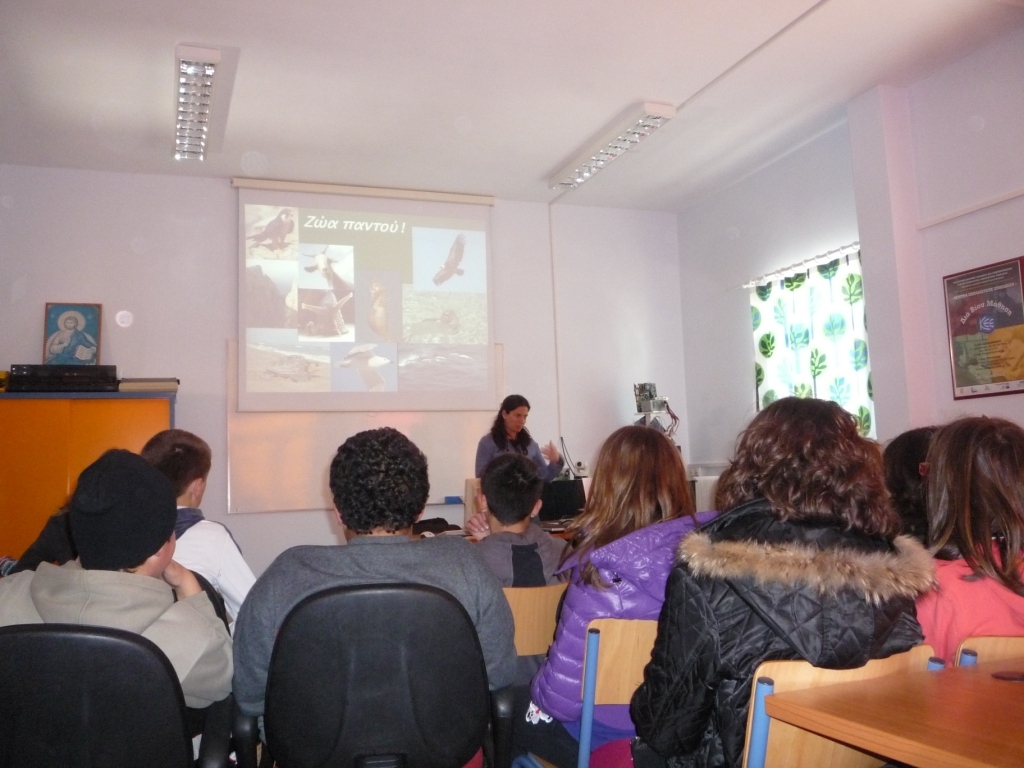 Companion animal welfare is a growing issue in Greece with serious implications in many aspects of cultural, social and economic life. Through our daily volunteer work, we witness countless acts of cruelty, poison and murder especially of stray animals. In villages, towns, cities and even inside schools we come across incidents of extreme abuse which are unfortunately met by many as an unavoidable reality about which nothing can be done.
Companion animal welfare is a growing issue in Greece with serious implications in many aspects of cultural, social and economic life. Through our daily volunteer work, we witness countless acts of cruelty, poison and murder especially of stray animals. In villages, towns, cities and even inside schools we come across incidents of extreme abuse which are unfortunately met by many as an unavoidable reality about which nothing can be done.
Simultaneously, many animals are considered as tools which have no value as soon as they stop being useful to man, while a number of myths concerning their intelligence, sentiments, feelings or even needs determine the way we live with them.
Educational Action
It is our deep belief that promoting a new attitude of people towards animals, following the example of other European countries, must start from an early age and inside school. During 2009-2011, the Animal Welfare Society of Chania “Animal Protection” (https://www.animalscare.gr) has been organising awareness campaigns in schools of Chania, with the permission of the Ministry of Education and in cooperation with the competent Environmental Education Offices of Primary and Secondary Education of Chania, informing more than 5000 students.
Although the results of the educational actions can never be directly measured, both students, as well as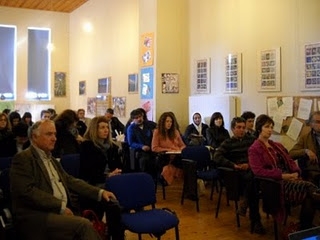 teachers and parents associations have expressed the need for the continuation of the campaign. To address the need for teacher training on how to approach the issue of animals in the classroom, the Animal Welfare Society of Chania “Animal Protection” organised in February 2011 a seminar for educators at the Environmental Education Center of Vamos in cooperation with the Office of Environmental Education of Primary Education of Chania with the participation of 30 teachers.
teachers and parents associations have expressed the need for the continuation of the campaign. To address the need for teacher training on how to approach the issue of animals in the classroom, the Animal Welfare Society of Chania “Animal Protection” organised in February 2011 a seminar for educators at the Environmental Education Center of Vamos in cooperation with the Office of Environmental Education of Primary Education of Chania with the participation of 30 teachers.
“LIVING TOGETHER WITH THE ANIMALS”
Toward the end of 2010, at the initiative of the Vassilki Christou (Zophoros) and animal behaviourist Melita Lazaratou (Animal Protection) following abuses that took place in Amorgos, the two societies start a pilot phase of the program “Living together with the animals” in an effort to spread the educational work in the Aegean islands, giving priority to areas of frequent animal abuse and in areas where relevant educational work is limited. A series of school visits are organised and interactive presentations are given by Melita Lazaratou, starting with the schools of primary and secondary education of Amorgos with excellent feedback from students and educators.
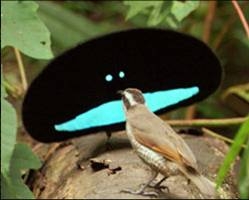 In spring 2011 the educational campaign expands in other islands of the Cyclades, at the request of teachers and local residents, specifically in Naxos, Koufonisi, Schinoussa, Iraklia, and before the end of the school year a series of additional presentations take place at Primary Education schools of Santorini, Syros, Milos and Ios.
In spring 2011 the educational campaign expands in other islands of the Cyclades, at the request of teachers and local residents, specifically in Naxos, Koufonisi, Schinoussa, Iraklia, and before the end of the school year a series of additional presentations take place at Primary Education schools of Santorini, Syros, Milos and Ios.
The campaign takes place with the permission of the Ministry of Education and in cooperation with the competent offices of Environmental Education and the local authorities. Overall during the school year 2010-2011 4800 students and 150 teachers participated in the project. Also in Naxos a seminar for teachers was organised in collaboration with local educators where “approaches to the subject of animals in the classroom” were presented. (http://oikokyklades.blogspot.com/2011/03/282.html).
In autumn 2011 the Animal Welfare Society of Chania “Animal Protection” receives permission from the Ministry of Education to carry out the program in all Greek schools and there is a widely expressed interest from several areas. The school year starts with visits to schools of Lesvos and Chios, where 2400 students are informed. A second visit to Chios has been arranged for 2012 in order to continue with the remaining schools and to organise a seminar for teachers and parents.
Before the end of 2011 school visits are organized in Chania with the participation of 750 students. Incidents of companion animals being shot in the area are often mentioned by students.
CONCLUSIONS FROM SCHOOL VISITS IN 2011
Through the experience of educating a total of 7950 students in 2011 we have reached to conclusions which should be taken under consideration in similar efforts:
• Although it seems that schools convey the message that children, as well as adults, need to keep an animal-friendly attitude of love and care for pets, there is great need for a more comprehensive approach concerning their care, as well as to cultivate respect for other species.
• Through the testimonies of the students it is clear that, although the type of abuse (neglect, permanent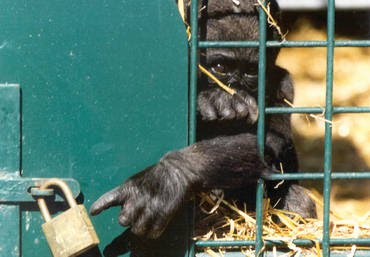 chaining, poisoning, abandonment, shooting, hunting) differs in the program areas, the extent and brutality of abuse appears equally everywhere.
chaining, poisoning, abandonment, shooting, hunting) differs in the program areas, the extent and brutality of abuse appears equally everywhere.
• The issue of animals is considered by many as an object which mainly concerns younger ages, while the majority of animal abuse incidents by minors is caused by secondary education students. The burden of school curricula, unfortunately discourages secondary schools to participate equally in the program and address an issue that concerns all of us.
• Students of all levels treat the issue of animals (pets and others) with great attention and interest as long as, apart from information, they are given through questions and discussion the chance to reflect on it.
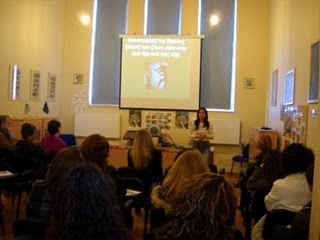 • Students of all ages are willing to engage in activities to raise awareness concerning animal abuse in the local community, as long as they are given the appropriate stimulus through discussion and find appropriate response from educators.
• Students of all ages are willing to engage in activities to raise awareness concerning animal abuse in the local community, as long as they are given the appropriate stimulus through discussion and find appropriate response from educators.
• It is necessary to conduct training seminars for teachers, especially for those who haven’t had experience in environmental education program, on how to address the issue of animals in the classroom in a comprehensive and effective manner.
• There is an urgent need to engage more members of animal welfare societies in the educational activities who, after appropriate training, will undertake informing schools in their region, so that the visits are more frequent.
What does a school visit involve?
School visits last one class period and include three different programs suited to the age of pupils:
i) High School Students. The program includes a presentation about the myths concerning all animals with references to biology and behaviour, and through discussion examines the human relationship with them. Through role-playing students are invited to experience issues arising in the local community and work out what they can do to prevent and stop animal abuse.
ii) 3rd-6th grade. The program includes interactive presentation on the principles of behavior and biology of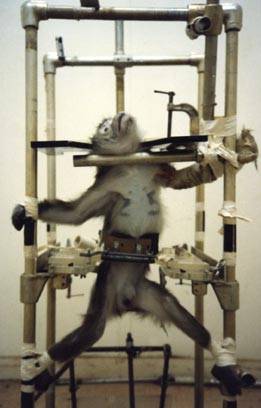 companion animals, their rights and our obligations towards them. Through examples of good practice we learn how to take care of them responsibly and according to their needs, and how we can deal with animal abuse. Children are also asked to think whether animals can be happy, in the case of exotic species and species that are being exposed to circuses and zoos. The children are asked undertake actions to inform their classmates, family and neighborhood with the support of the educators and the speaker.
companion animals, their rights and our obligations towards them. Through examples of good practice we learn how to take care of them responsibly and according to their needs, and how we can deal with animal abuse. Children are also asked to think whether animals can be happy, in the case of exotic species and species that are being exposed to circuses and zoos. The children are asked undertake actions to inform their classmates, family and neighborhood with the support of the educators and the speaker.
iii) Kindergarten, 1st and 2nd grade. The program for these ages includes a 20 minute interactive presentation about companion animals with a short reference to exotics, animals in zoos and circuses. Children are asked to think what “makes a good friend” and apply these principles to their animal companions. Through images and narrative we learn how to take care of them based on their needs, how to read body language, and how to approach them with safety. Then children draw cats and dogs and what they need to live happily. The goal at this age is to lay the foundations for the creation of a responsible attitude towards animals.
The implementation of the program would not have been possible without the support of our sponsors:
Catherine Adami Stamatiou Stamatis
Attica Animal Hospital Farmaka Katy
Pet shop Happy Dog Christou Vassiliki
Linou Mary Bamplenis Theodore
Polichroni Anna Kipraios Giorgos
as well as our local sponsors:
NEL Lines, and Maria and Yannis Linos for the islands of Chios and Lesvos.
For more information about the program please contact melitalazaratou@gmail.com
There are many more students, educators, parents and animal welfare group members in the islands of the Aegean, in Crete and many other areas who want to join the program and include their school in the educational campaign.
However the program can not be continued without the support of people who understand that our relationship with animals above all a matter of education.
Support and donate now!

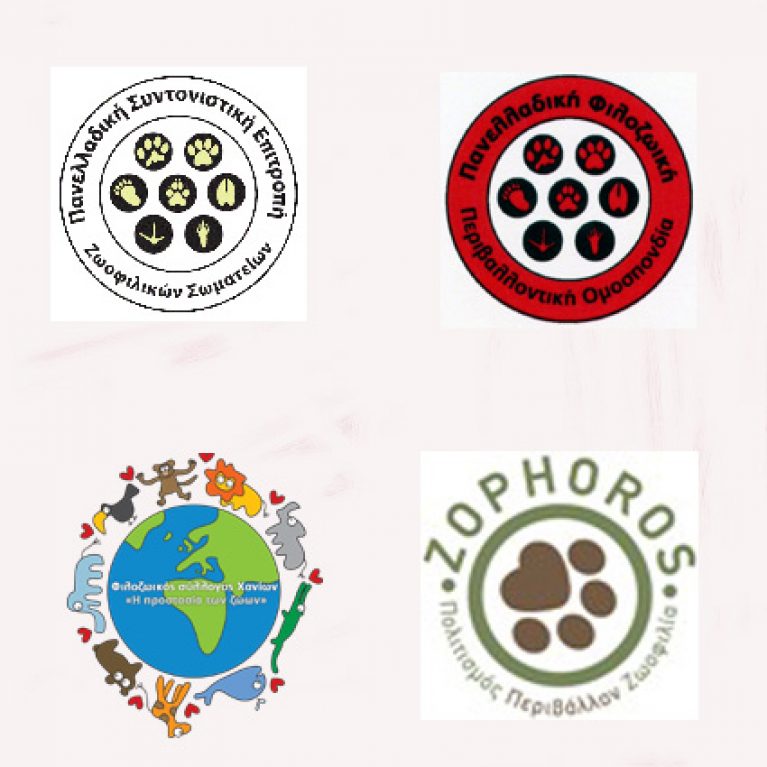



Excellent site you have here but I was wanting to know if you knew
of any community forums that cover the same topics talked about here?
I’d really love to be a part of online community where I can get opinions
from other experienced individuals that share the same interest.
If you have any suggestions, please let me know. Thanks a lot!